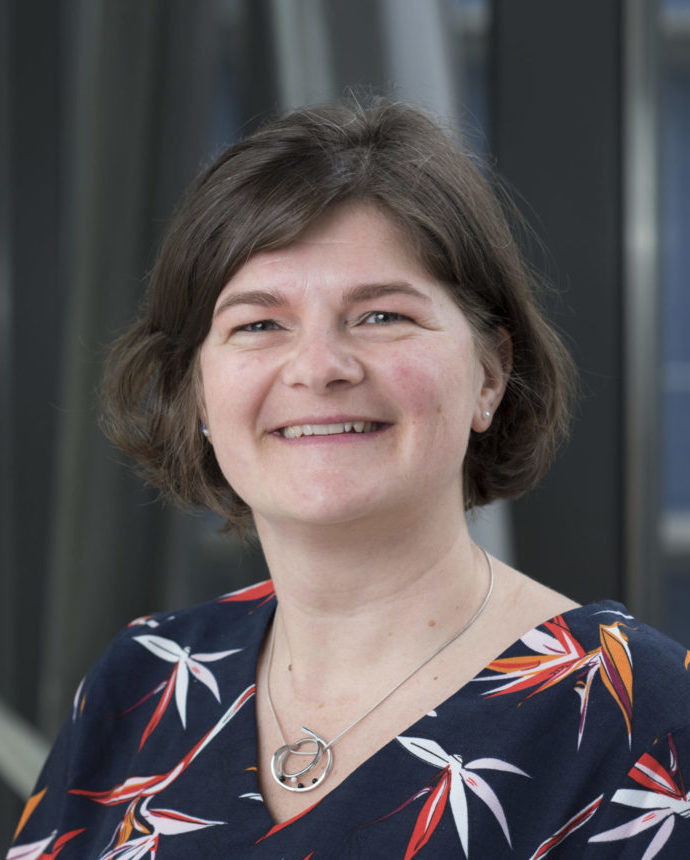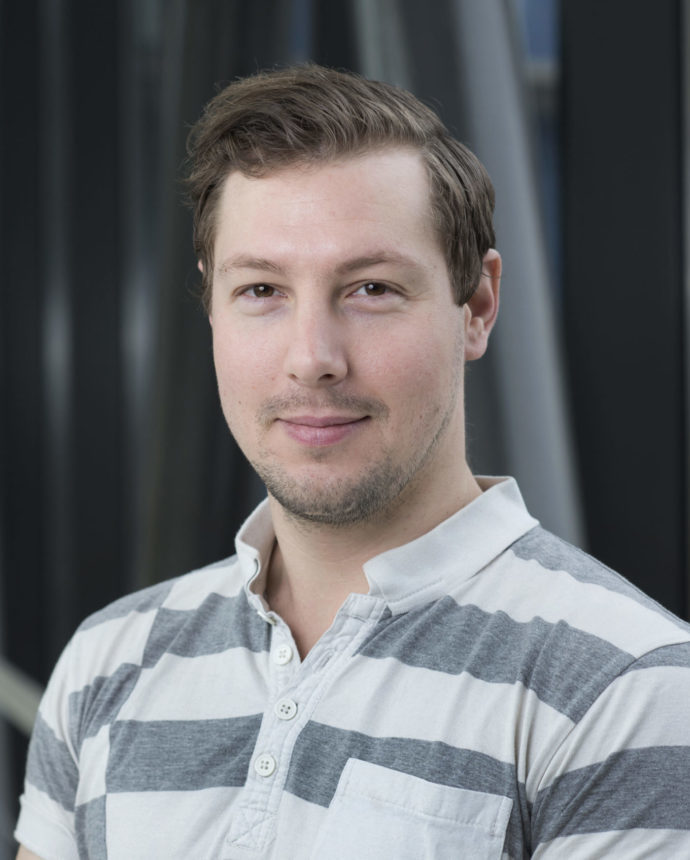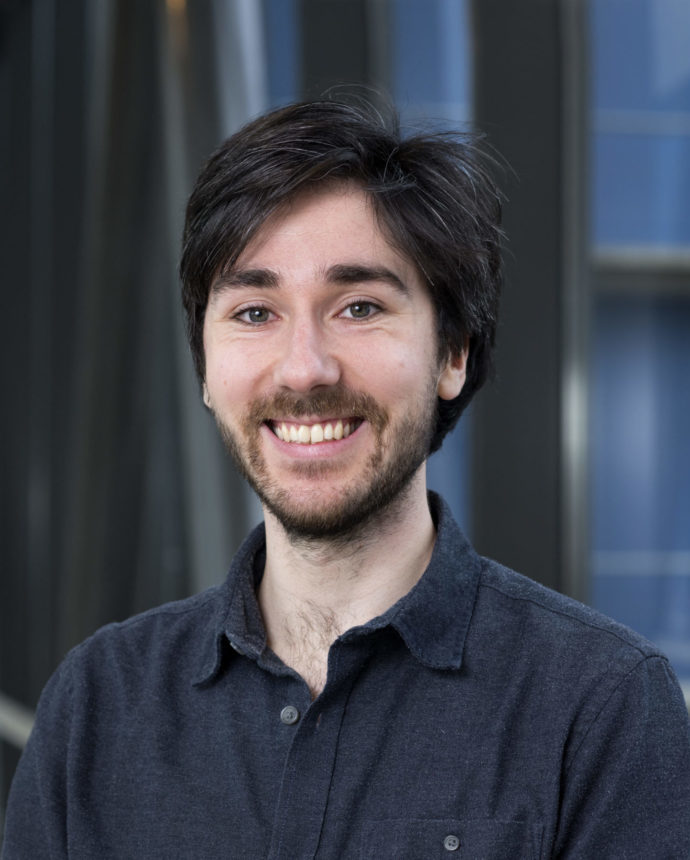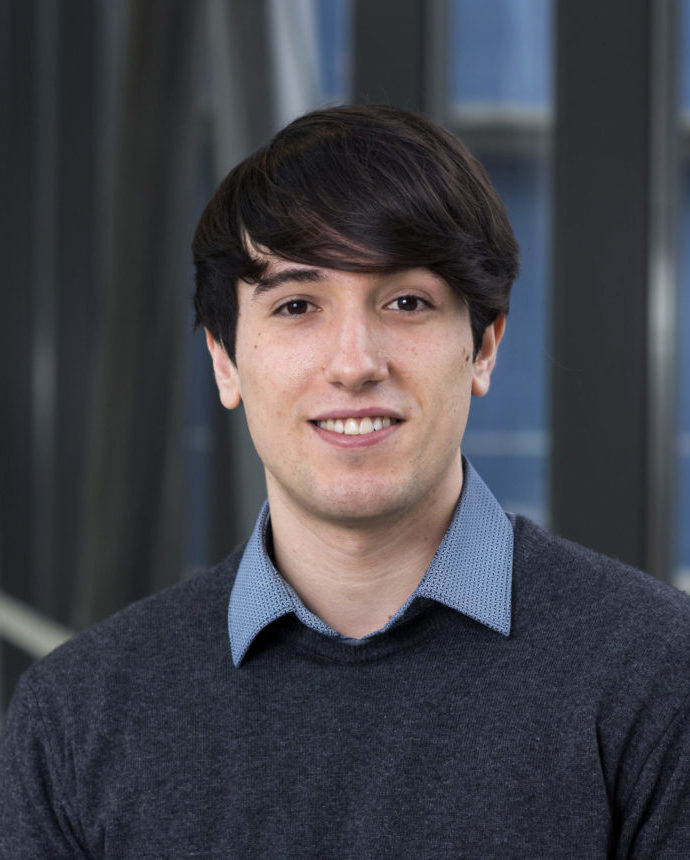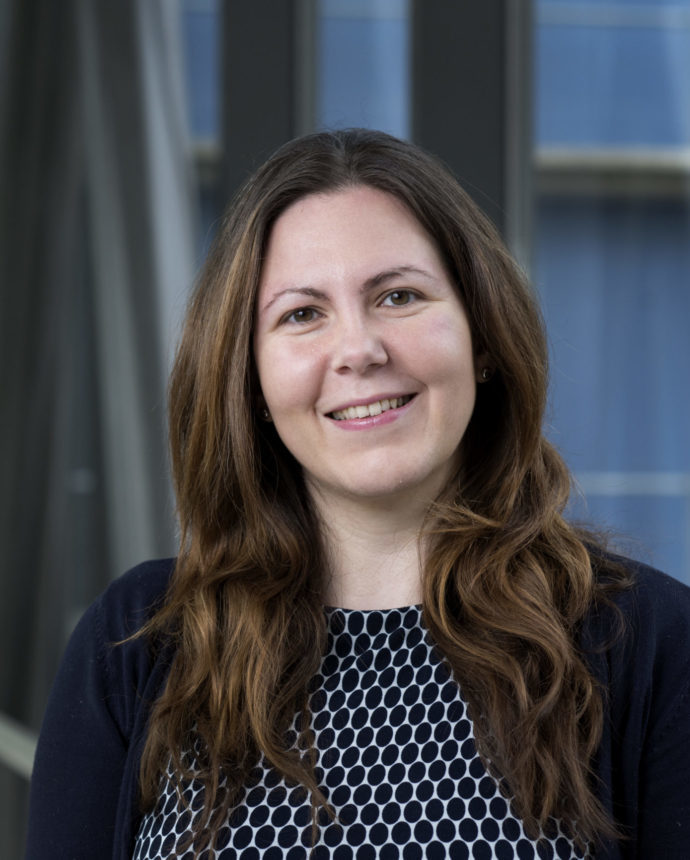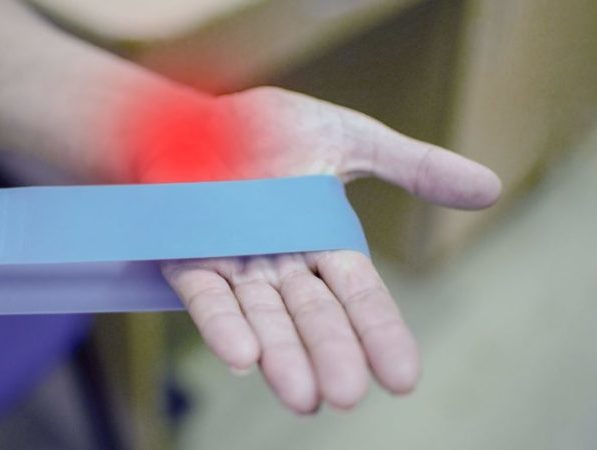
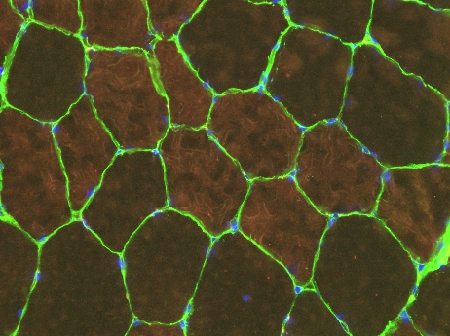


Ageing research
Aim
The aim of the research at the department of molecular epidemiology is to identify mechanisms that contribute to healthy aging and longevity. For this reason, we started the Leiden Longevity Study (LLS), a study in which 421 long-lived families participate. The participants in this study are 944 90-year-old brother-sister pairs, 1,671 of their offspring and 744 offspring partners. The partners form the control group and represent the general population.
What do we study?
By studying why these families live longer and healthier lives, it is possible to investigate which mechanisms are involved in delayed disease development and healthy aging. To achieve this goal, we have made many types of measurements that allow us to study, among other things, the genes and the metabolic profile (including blood pressure and different blood values) of individuals. We apply the most advanced data analysis to discover patterns associated with health characteristics.
Results
The offspring of the 90-year-olds, who are now middle-aged, are less likely to have type 2 diabetes, high blood pressure or a heart attack compared to the control group. Children of long-lived people have on average the same weight and lifestyle as their partners, but sugar metabolism, fat metabolism and thyroid regulation are more favorable in the long-lived families.
The 90-year-olds from the LLS carry the same amount of risk alleles for cardiovascular disease, cancer and type 2 diabetes as the younger control population. This suggests that there are genetic and environmental factors present in the nineties that could counteract the deleterious effects of disease alleles.
In search of such protective genetic factors that contribute to aging and longevity, we compared the gene differences of 20,000 long-lived individuals aged 85 and over and 80,000 individuals under the age of 65 from 10 European countries. This study found that one of the genes on chromosome 5 is tuned differently in many of the long-lived individuals, making these individuals 10 percent more likely to live to be 90. This gene acts as a kind of genetic master switch, possibly controlling dozens of other genes. Which genes are affected and in which tissues this regulator is expressed is now being further investigated. By integrating all data on the participants in the LLS, we hope to discover other new factors and mechanisms in the future that contribute to healthy aging and longevity.
AGEING TEAM
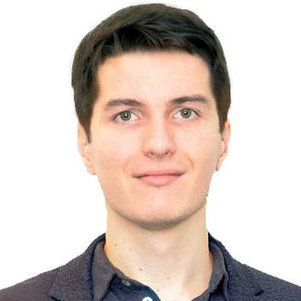
dr. Julian Dekker
Phd-student



